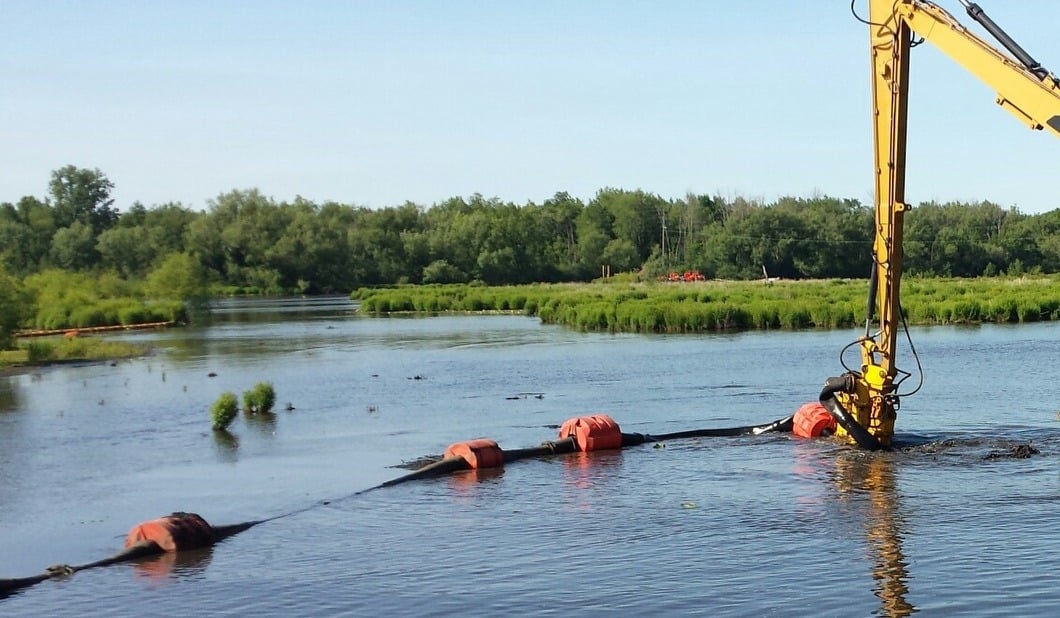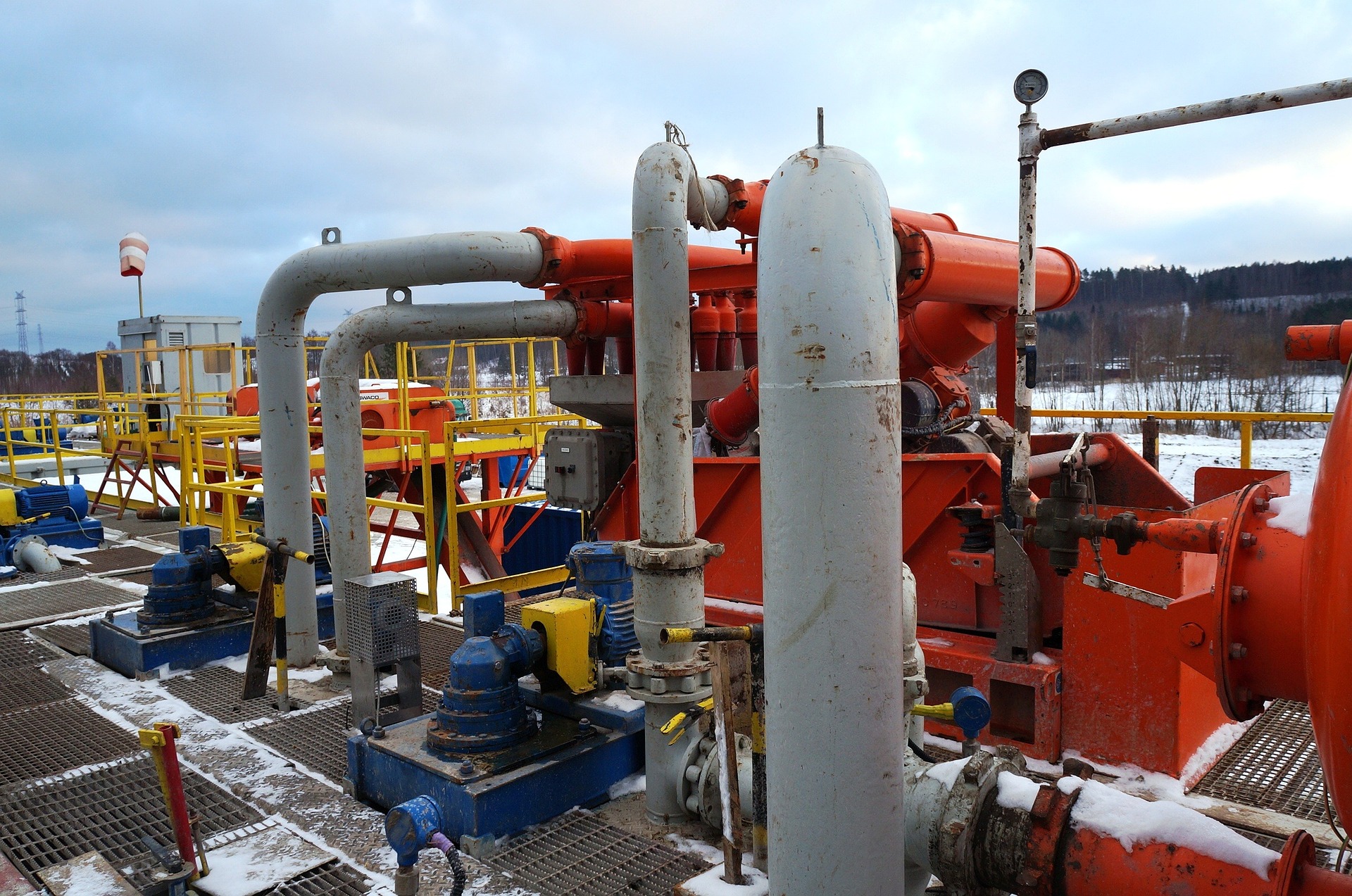Everything you should know about Superior Rentals reviews: ratings explained
Wiki Article
A Comprehensive Overview to the Different Kinds Of Oil Field Equipment and Pipeline Equipment Available
The oil and gas market depends heavily on specific tools for efficient extraction and transportation. Numerous types of machinery, from piercing rigs to tank, play important roles in this complex process. Each tool serves unique functions that contribute to general operational success. Comprehending these elements is necessary for any person associated with the industry. As the market progresses, so as well do the technologies that support it. What innovations are on the perspective?
Drilling Rigs: The Backbone of Oil Exploration
Drilling rigs offer as the vital equipment in the domain of oil exploration, making it possible for companies to accessibility hydrocarbon gets hidden deep below the Planet's surface area. These rigs are available in various types, consisting of land rigs, offshore rigs, and mobile systems, each developed to operate in particular settings. Outfitted with advanced technology, piercing rigs can penetrate geological developments with accuracy, ensuring efficient resource extraction. The architectural stability and functional capabilities of these rigs are critical, as they have to stand up to severe conditions and considerable pressures. Furthermore, the selection of a drilling rig impacts the overall task cost and timeline, making it a vital consideration for oil business looking for to maximize their exploration initiatives and make best use of efficiency in their procedures.Pumps: Vital for Liquid Movement
In the oil extraction process, the function of pumps is considerable, assisting in the motion of fluids throughout different phases of manufacturing. Pumps are crucial for carrying petroleum, water, and other liquids from below ground reservoirs to the surface and afterwards with pipelines to refineries. They can be found in various kinds, consisting of centrifugal, positive variation, and completely submersible pumps, each offering specific objectives based upon the fluid characteristics and functional demands. Centrifugal pumps are frequently used for their performance in high-flow applications, while favorable variation pumps master managing viscous liquids. The option of pump effects general effectiveness, functional safety and security, and upkeep costs. Proper option and maintenance of pumps are important for maximizing manufacturing and lessening downtime in oil field operations.Valves: Managing Circulation and Pressure

Valves play an essential function in handling the circulation and pressure of liquids within oil areas and pipes. Numerous types of shutoffs serve distinctive applications, each developed to fulfill certain features basic for reliable procedure - Superior Oilfield Rentals Texas. Recognizing the features and uses of these valves is vital for optimizing system performance and safety
Kinds of Valves
Essential components in oil area procedures, valves play a critical duty in regulating the circulation and pressure of liquids within pipes and devices. Numerous types of valves are made use of to meet the diverse demands of oil and gas production. Common kinds include gateway shutoffs, which supply a straight-line circulation and marginal stress drop; globe valves, understood for their strangling abilities; and ball shutoffs, identified for their quick on/off control. Furthermore, check shutoffs prevent heartburn, while butterfly valves supply a light-weight option for controling flow. Each shutoff type is created with certain materials and setups to stand up to the extreme conditions frequently found in oil fields, ensuring integrity and efficiency in operations. Comprehending these kinds is essential for efficient system monitoring.Valve Applications and Functions
While different kinds of valves offer distinctive purposes, their main applications focus on managing circulation and stress within oil and gas systems. Shutoffs such as entrance, world, and sphere valves manage fluid movement, ensuring peak performance and safety. Entrance shutoffs are generally used for on/off control, providing marginal flow resistance. World valves, on the various other hand, offer exact flow guideline, making them ideal for throttling applications. Sphere valves are favored for their fast operation and tight securing abilities. On top of that, stress relief shutoffs are critical for preventing system overpressure, safeguarding equipment stability. Generally, the proper option and application of valves improve operational performance, ensuring the reliable transportation of oil and gas through pipes and processing facilities.Compressors: Enhancing Gas Transportation
Compressors play a vital duty in the reliable transportation of natural gas, making sure that it moves efficiently with pipes over cross countries. These gadgets raise the pressure of gas, enabling it to overcome friction and altitude modifications within the pipeline system. Additionally, compressors facilitate the balancing of supply and demand, suiting changes this article in consumption and production rates. Various sorts of compressors are used in the industry, including centrifugal, reciprocating, and rotary screw compressors, each offering distinctive benefits based upon the functional demands. Normal maintenance of these compressors is vital to make best use of efficiency and lessen downtime, inevitably adding to a dependable gas transport network. Their vital feature highlights the importance of compressors in the overall oil and gas see it here infrastructure.Storage Tanks: Safe and Effective Liquid Administration
Efficient transport of gas relies upon different supporting systems, one of which is the appropriate monitoring of storage space tanks. These containers play a necessary function in safely including liquids, making certain that operational efficiency is kept while minimizing environmental dangers. Created from sturdy products, they are made to endure high pressures and harsh aspects. Correctly sized and purposefully located, tank promote the smooth flow of all-natural gas and various other fluids, preventing traffic jams in supply chains. Regular upkeep and monitoring are imperative to find leaks or structural problems, promoting security and compliance with regulatory standards. Eventually, the effective monitoring of tank is crucial for the general honesty and dependability of the oil and gas industry's fluid handling systems.
Pipeline Solutions: Facilities for Transport
Pipeline systems serve as the foundation of the oil and gas industry, promoting the effective transportation of hydrocarbons over vast ranges. These systems include various parts, including pipelines, shutoffs, pumps, and compressors, all carefully created to assure seamless circulation. The products used in pipeline building, usually steel or high-density polyethylene, are selected for resilience and resistance to corrosion. Pipeline networks can cover throughout land and water, linking production sites to refineries and circulation. Furthermore, progressed modern technology makes it possible for real-time tracking of flow rates and stress degrees, improving functional effectiveness. The critical positioning of these pipes lessens environmental effect while making used bulldozers for sale near me best use of resource ease of access, thereby playing a necessary function in meeting power needs worldwide.Safety Equipment: Making Sure Worker and Environmental Management
The operation of pipeline systems, while crucial for power transport, also offers considerable security difficulties for workers and the atmosphere. Safety equipment plays a significant role in minimizing these threats. Individual protective tools (PPE) such as headgears, gloves, and non-slip footwear safeguards workers from physical hazards. Additionally, gas discovery systems keep an eye on for leakages, guaranteeing that damaging substances do not position a threat to workers or the surrounding community. Emergency closure systems are essential for quickly stopping operations during a situation, stopping prospective calamities. Spill control materials, consisting of absorbents and obstacles, are fundamental for minimizing ecological effect. In general, spending in all-encompassing safety and security tools is crucial for keeping operational stability and safeguarding both employees and the atmosphere in the oil and gas industry.
Often Asked Questions
Exactly how Do I Select the Right Oil Field Equipment for My Task?
Selecting the right oil area equipment includes examining job specs, budget restraints, and operational requirements. Take into consideration aspects such as tools dependability, compatibility with existing systems, and the vendor's credibility to ensure peak performance and safety and security.What Are the Upkeep Requirements for Oil Field Equipment?
Upkeep demands for oil area devices consist of regular inspections, lubrication, and prompt repairs. Operators should additionally follow supplier standards, screen performance metrics, and guarantee compliance with safety and security regulations to enhance longevity and performance.
Exactly How Can I Guarantee Compliance With Environmental Laws?
To ensure conformity with ecological policies, business must conduct routine audits, carry out ideal methods, purchase training, preserve appropriate documents, and stay updated on regulations (Superior Rentals fusion machines). Partnership with ecological companies can also enhance adherence to guidelinesWhat Is the Ordinary Life-span of Pipeline Equipment?
The typical life-span of pipeline devices usually varies from 20 to half a century, depending on factors such as worldly quality, environmental problems, and maintenance techniques. Regular assessments can greatly affect durability and operational efficiency.Just how Do I Safely Move Oil Field Equipment to Remote Locations?
Carrying oil area tools to remote locations requires careful preparation, including course analysis, securing licenses, making use of appropriate vehicles, and making sure safety procedures are adhered to. Proper training and communication among staffs are necessary for successful transport.Report this wiki page